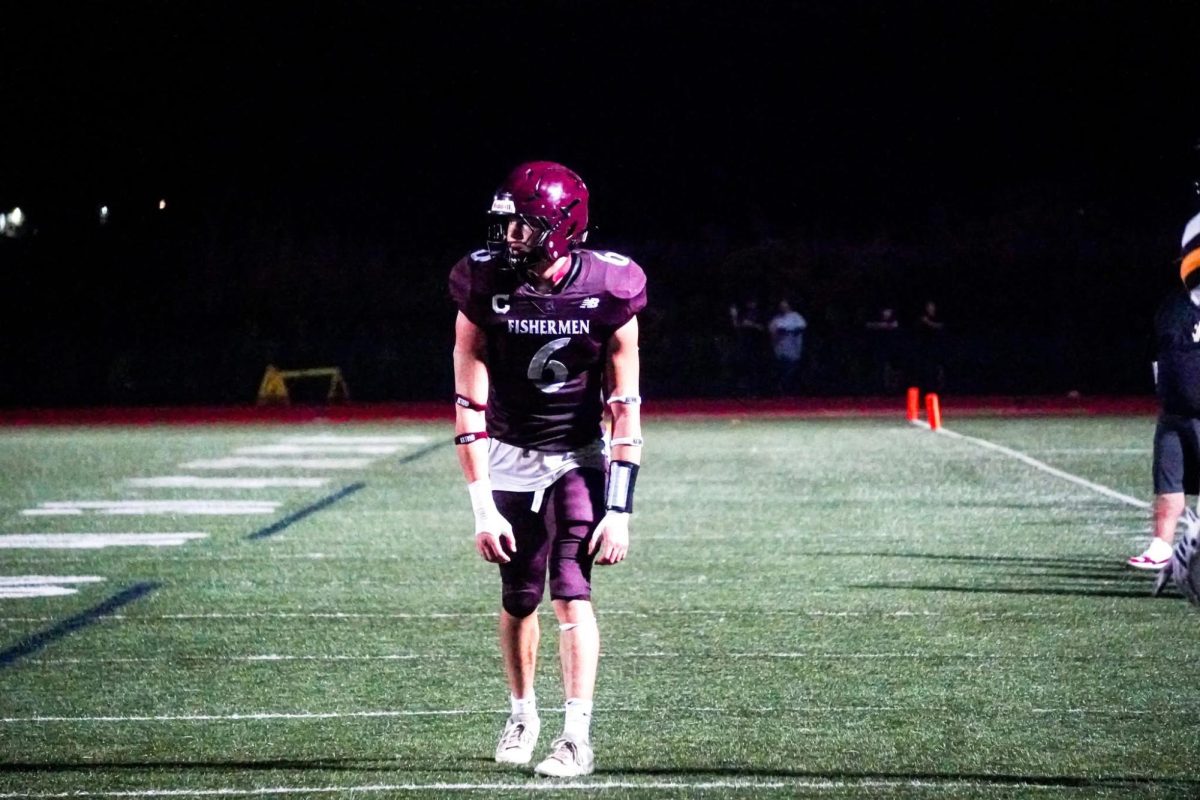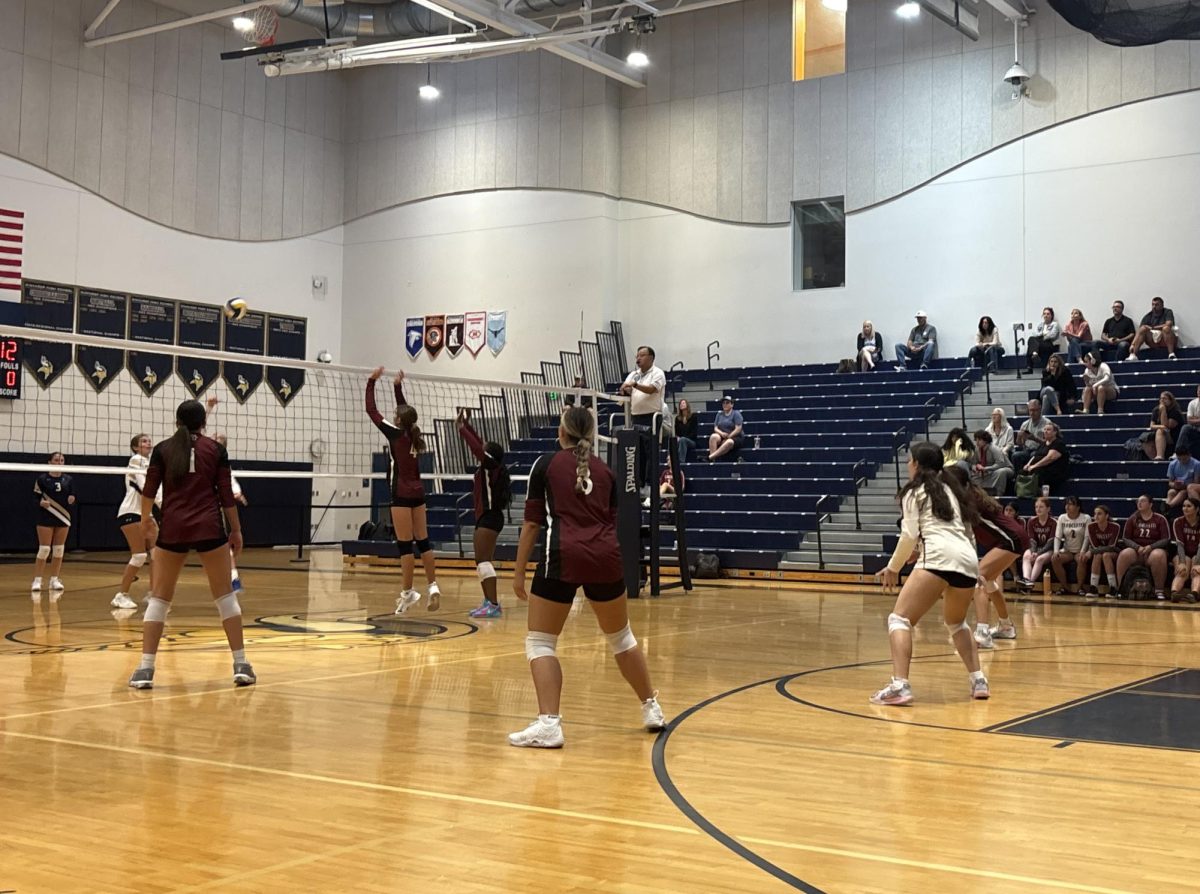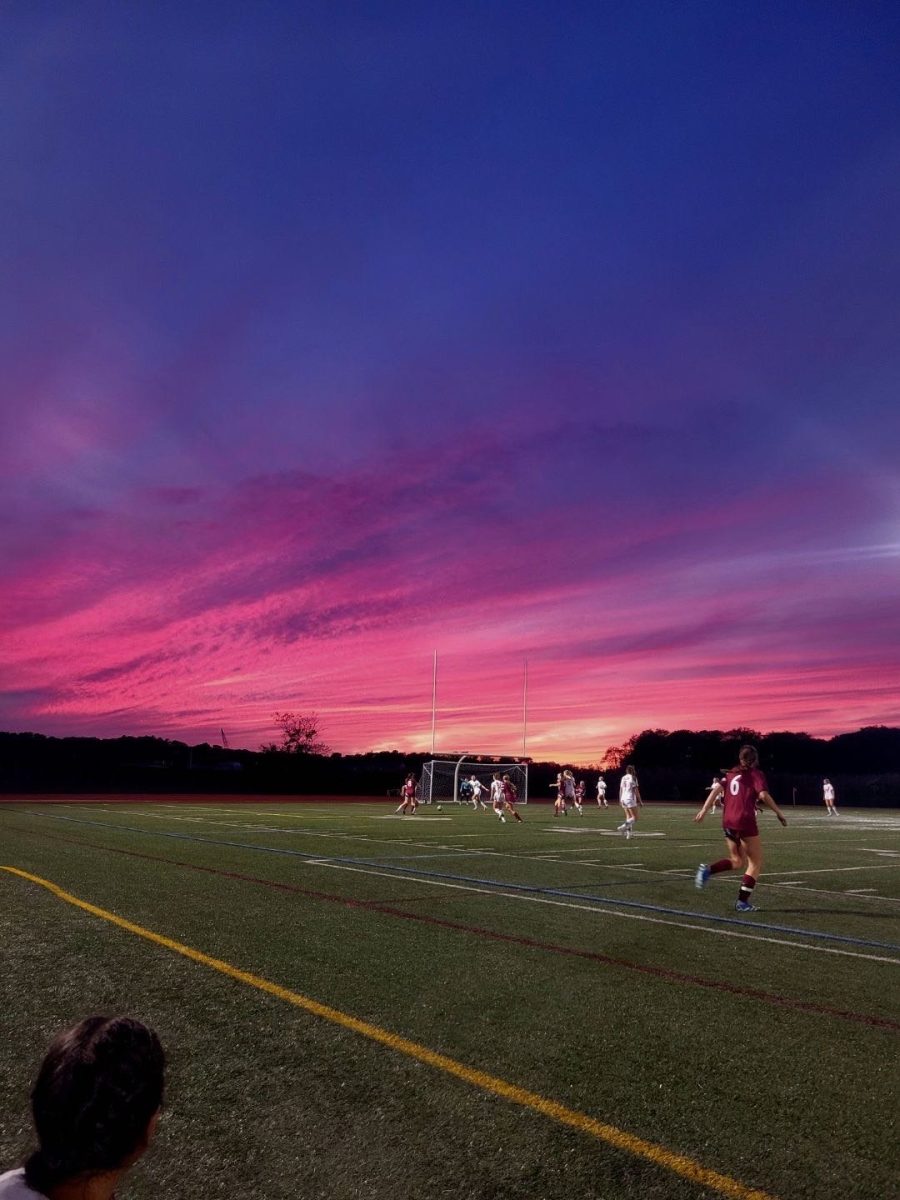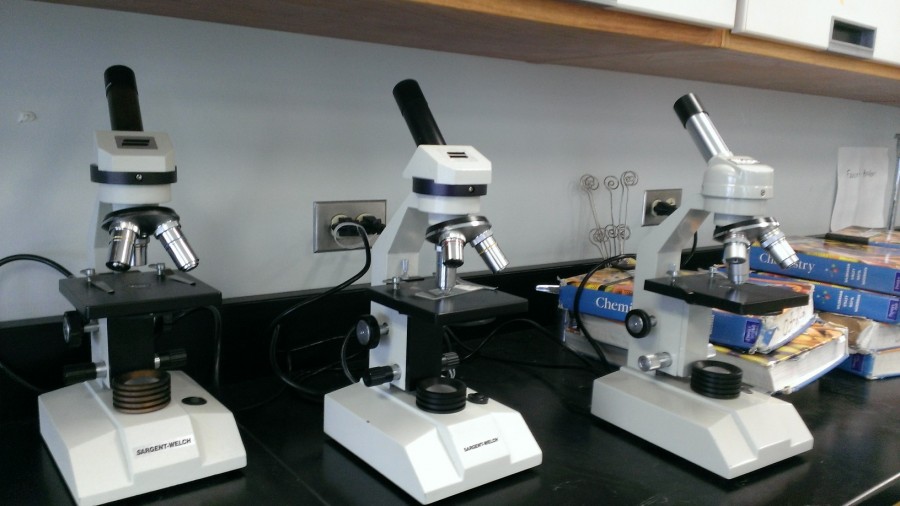GHS science wins $12,000 grant
March 19, 2015
It’s no secret that doing real science is not cheap. Microscopes, dissecting scopes, micropipettes, DNA, dyes, flies, cameras, thermometers, the list goes on and on.
Therefore, when our school applied for a grant for new equipment from the Mass Biotechnology Education Foundation (Mass BioEd) and the Mass Life Sciences Center (MLSC) the money was sorely needed.
From a pool of 55 Schools, GHS has received a grant for $12,000 towards new equipment, and expects to use those resources to expand the way our students learn science. .
Competition was fierce for the $12,000 prize, with 55 schools in Massachusetts vying for it. Mr. Leigh led the charge, and sent in the proposal of what the money would be used for.
This put our school into the running. Then, based on those proposals, the 55 schools were narrowed to 55.
Then, an all-star team of our science teachers including: Carol Cafasso, Shara Goolsby, Jessica Lichtenwald, Rachel Rex, Dave Enos and Eric Leigh were granted a follow-up interview, where they pitched their plans for the money and were awarded the grant.
“None of them are easy,” said Biology teacher Leigh, who wrote the grant himself. “If they were, everyone would do them. I needed to meet with the principal to ensure he was on board, and write a report of four or five pages.”
The science department plans to spend the money on polymerase chain reaction (PCR) and gel electrophoresis equipment, which are used together to copy and separate DNA.
The school has some limited electrophoresis equipment right now, but a PCR machine would be brand new, and would allow the bio department to use actual DNA for experiments, rather than artificial dyes.
“[Having a PCR machine] is sort of imperative to teach true, actual biotech.” said Leigh.
In addition to the money, Mass BioEd has offered training at MIT for any interested teacher, where they will be taught how to better integrate Biotechnology into the classroom. Teachers can also get in-class mentoring, and a full year of optional weekend classes.
Now that the science department has more financial wiggle room, Mr. Leigh is hopeful that they can begin addressing other issues with the way science is taught here at GHS.
“The real difficulty is the limits we have on time with the students” said Leigh, “To do these true labs, it would sometimes require a whole day’s work. I’m not the one to propose more lab time, but right now, even the AP double-blocks aren’t cutting it.”
In addition to time constraints, students need to be committed and willing to work, and direct their own labs. The new equipment is expected to help spark enthusiasm. “It requires that inquisitiveness in students.” said Mr. Leigh, “We’ll make it interesting, but it still requires dedication.”
The most exciting perk of the grant is that GHS is now authorized, through Mass BioEd, to take students on field trips to certain research facilities in the Boston area, which was recently voted the #1 biotechnology area in the country.
The grant comes at a very opportune time, as GHS was named the “innovative school of the year” by MassBioEd in 2013. With the new resources, things are looking up for the future.
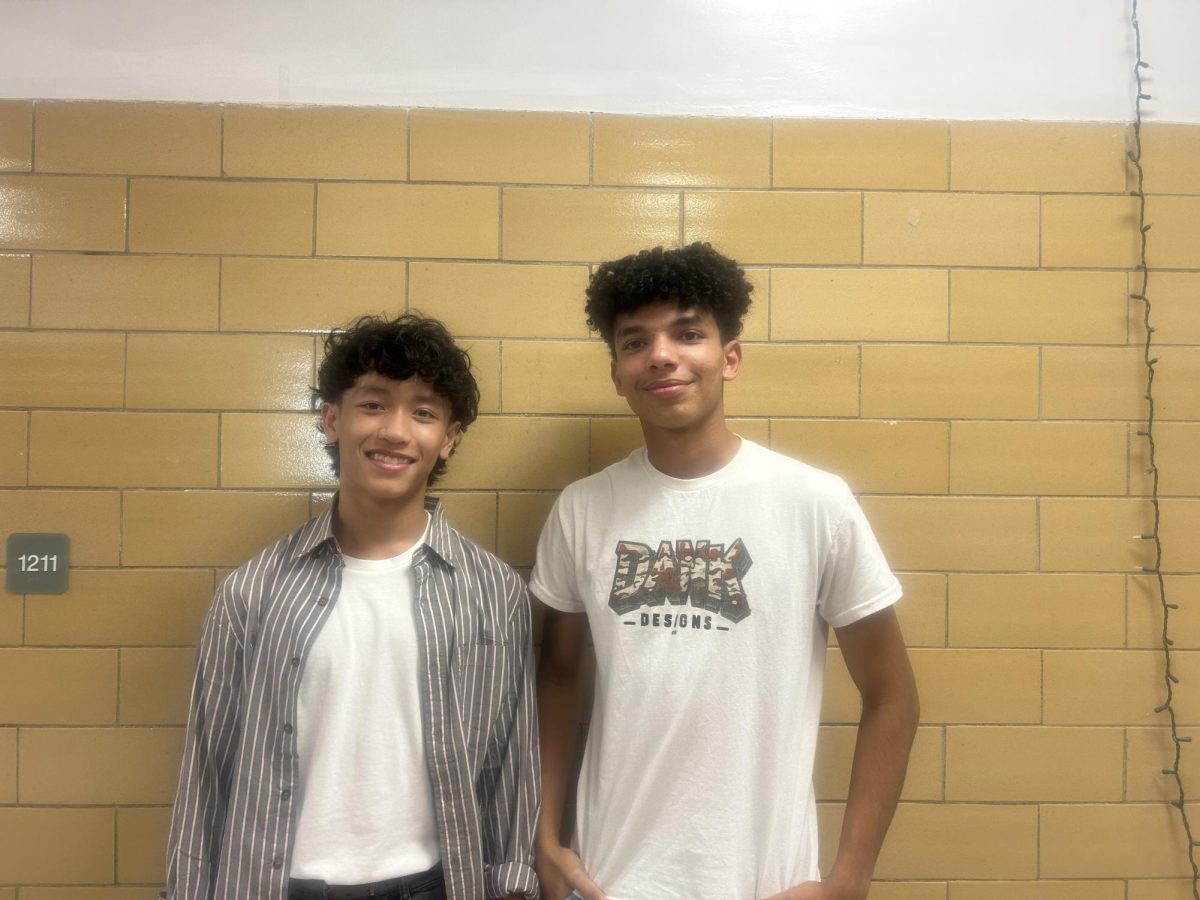
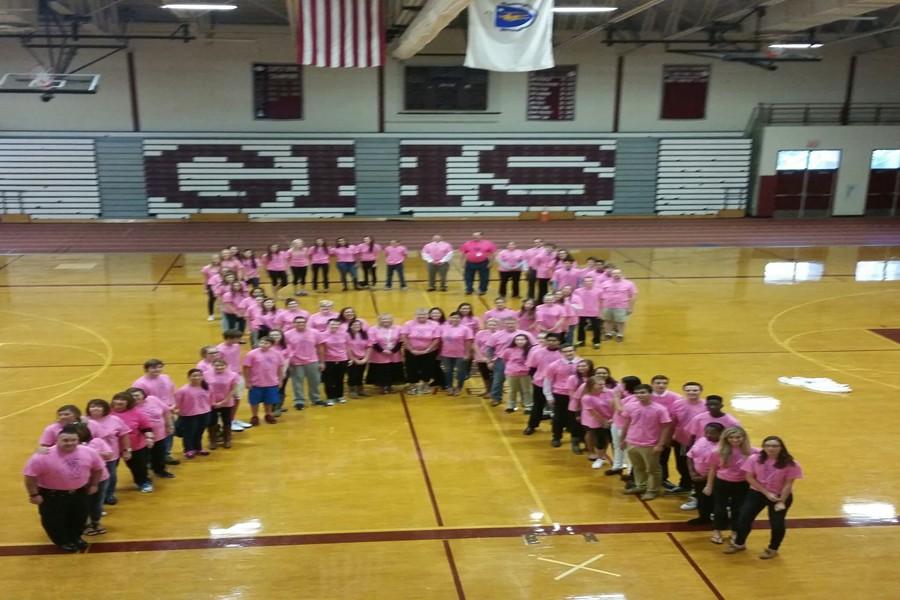
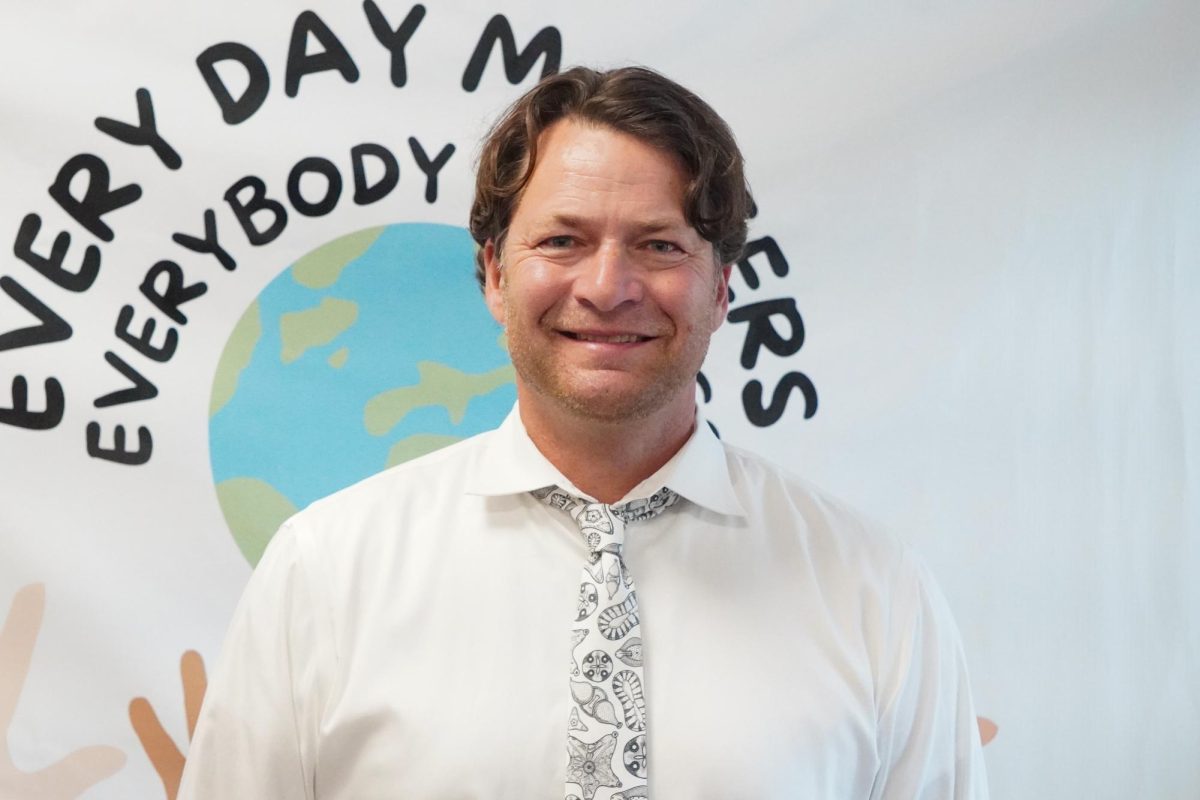
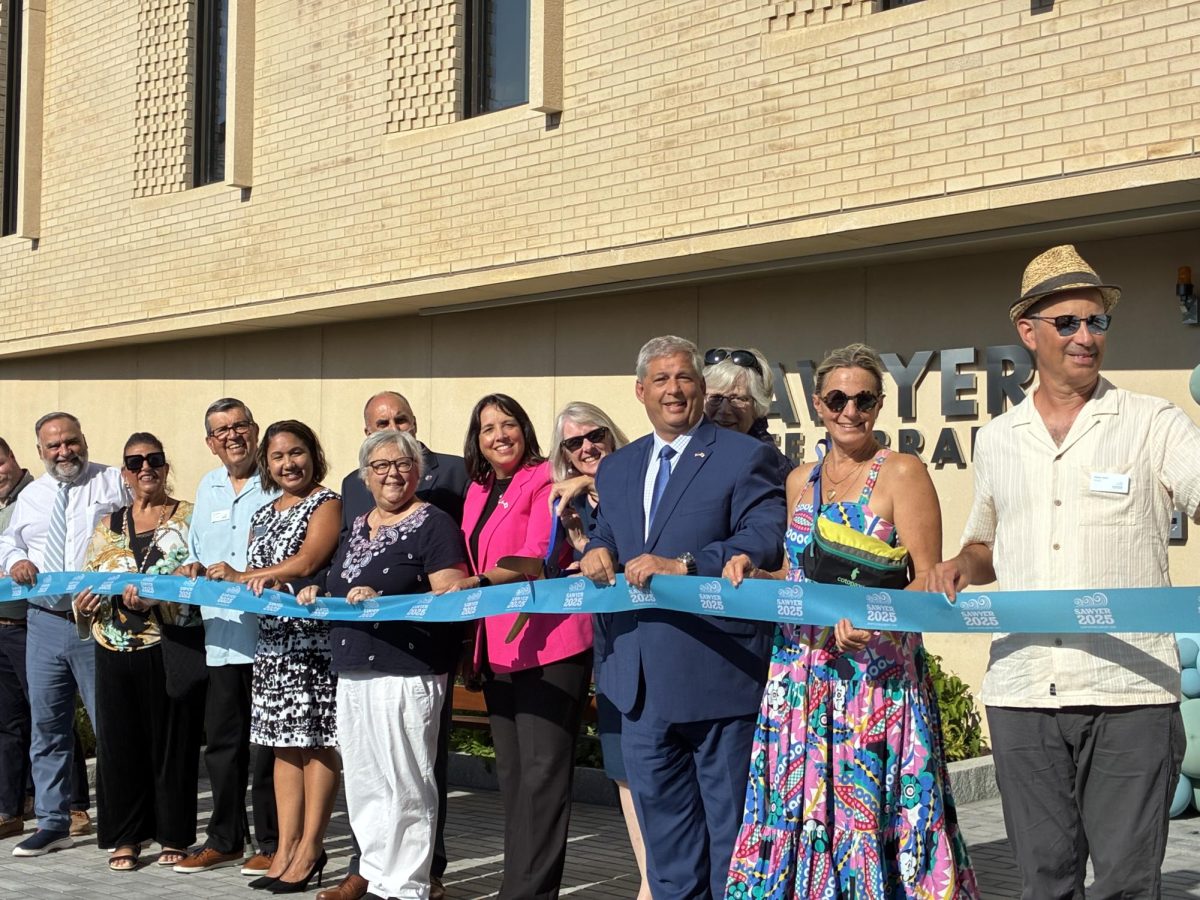
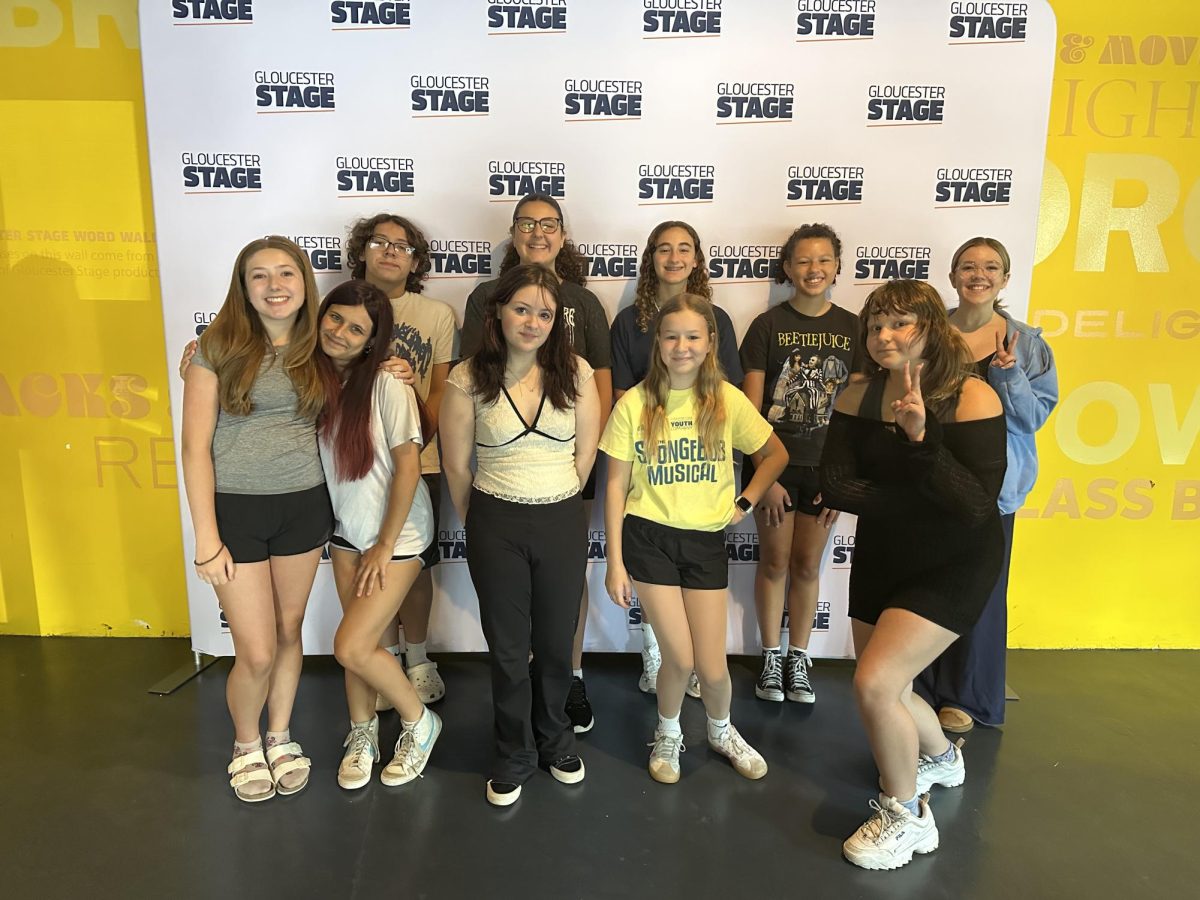





![The GHS/MERHS senior cross country runners pose together on Senior Night. [Photo courtesy of Manchester-Essex Athletics]](https://thegillnetter.com/wp-content/uploads/2025/10/Screenshot-2025-10-10-at-11.18.29-AM.png)
